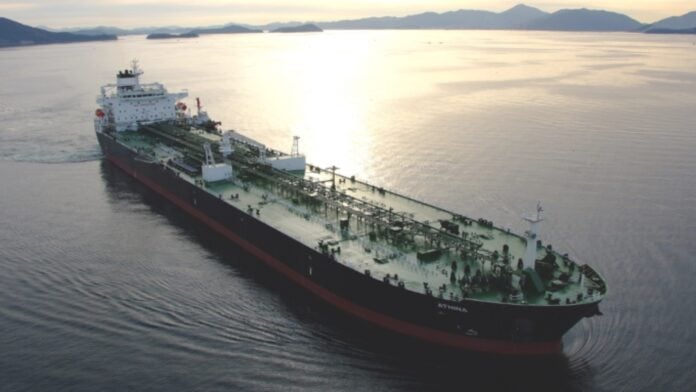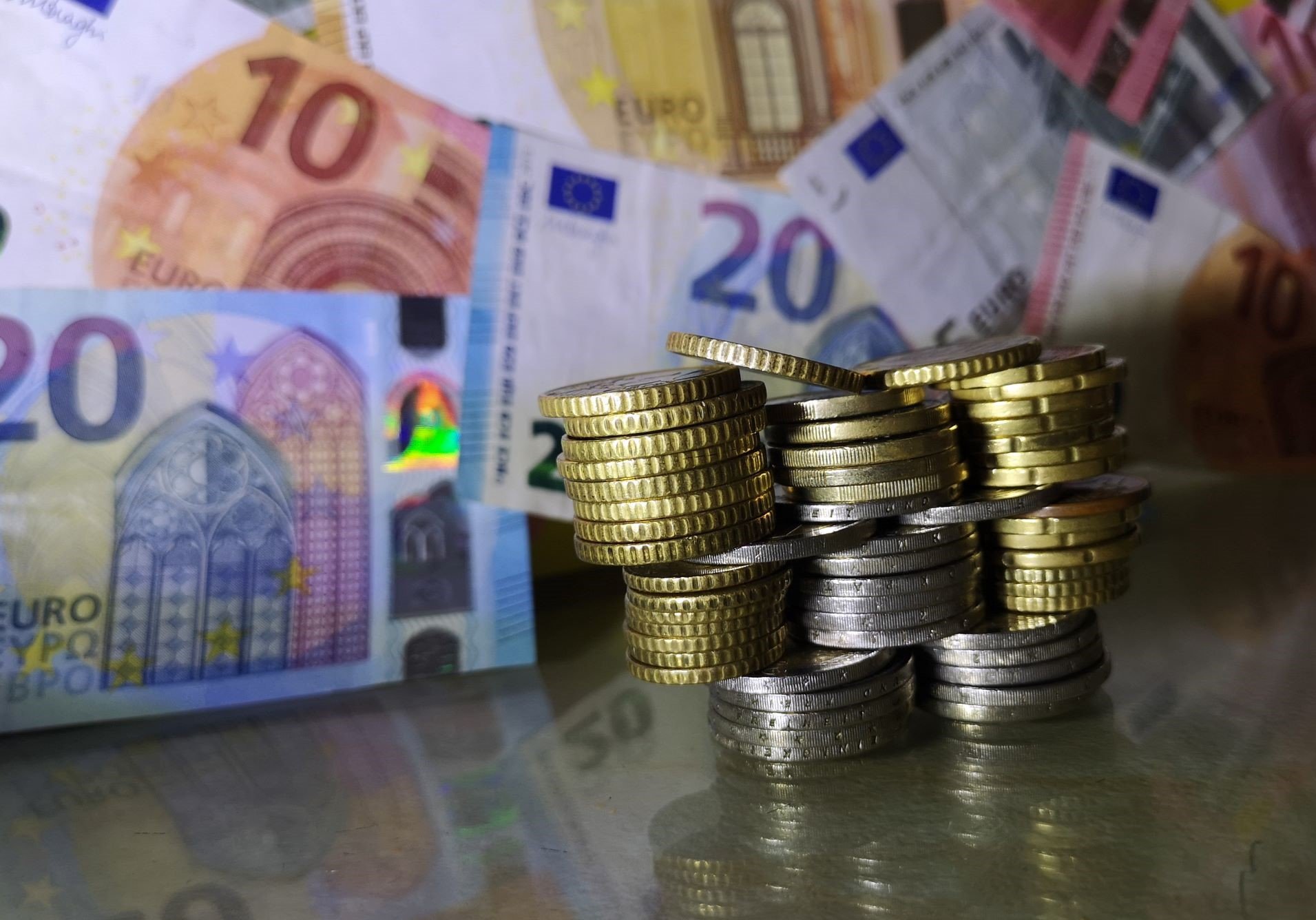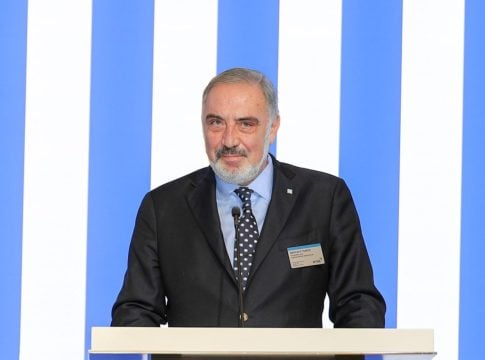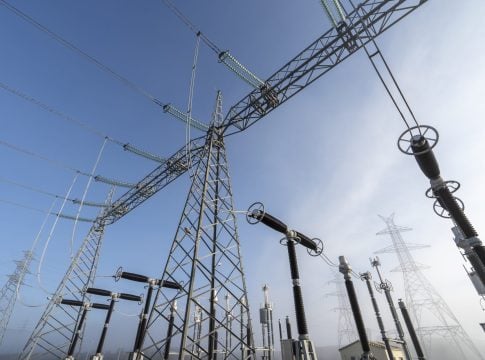George Prokopiou’s Dynacom Tankers Management is expanding its tanker shipbuilding program, providing a vote of confidence in Chinese shipyards, despite the imposition of port fees on ships of Chinese origin approaching the US.
With more than 130 ships in the water and a shipbuilding program of approximately 100 ships (tankers, bulkers, LNG Carriers), George Prokopiou’s shipping group (Dynacom which manages tankers, Dynagas which manages LNG carriers and Sea Traders which manages bulk carriers) is returning to China and the New Times Shipbuilding shipyard, signing contracts for two new 159,000 dwt Suezmax tankers with a delivery date of 2028.
Conventional with scrubbers
According to information, these two ships will run on conventional fuels, and will be equipped with scrubbers.
Their cost will be approximately 160 million dollars.
Besides, the Greek shipowner has unveiled his plans to invest in new vessels that use conventional fuels and the best existing technology to reduce the environmental footprint of ships.
In 2025, George Prokopiou is expected to receive 27 new ships, while – according to Clarksons – Dynacom has ordered 49 tankers by April (the largest number worldwide), compared to 47 for Union Maritime, which is in second place.
Analysts said that the port’s plan on fees published by the US Trade Representative (USTR) has caused great concern in the world’s largest shipbuilding nation, however – as it seems – the competitiveness of the Asian country’s shipbuilding units remains intact, which is also reflected in Dynacom’s order to New Times.
At the same time, there is optimism that orders will continue for the remaining types of ships affected by port fees, with HSBC pointing out that possible reduced port fees could remove uncertainty regarding agreements for the construction of new ships by non-Chinese companies, which would be considered particularly positive for Chinese shipyards.
An example is MSC, which also returned to China for orders, signing a deal for six 22,000 TEU containerships.















